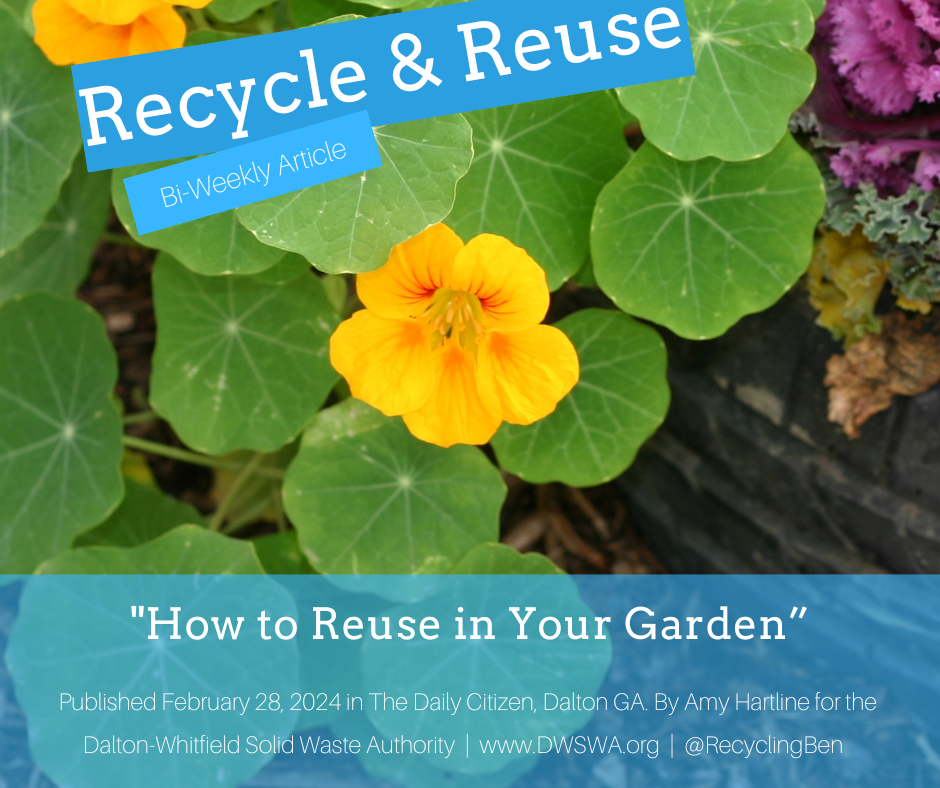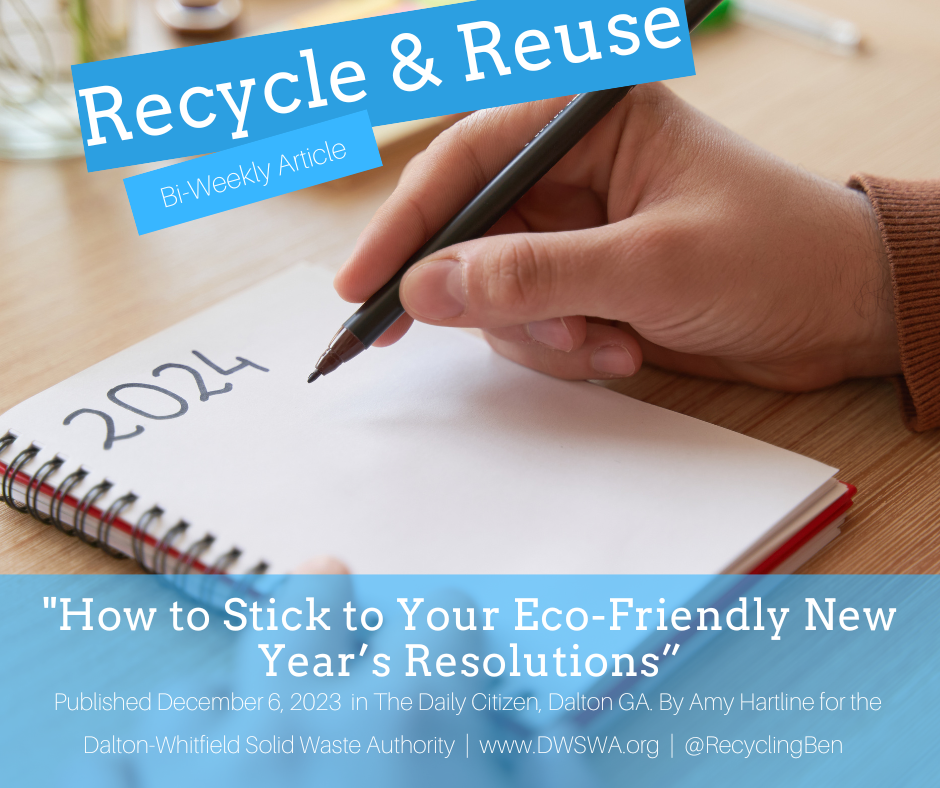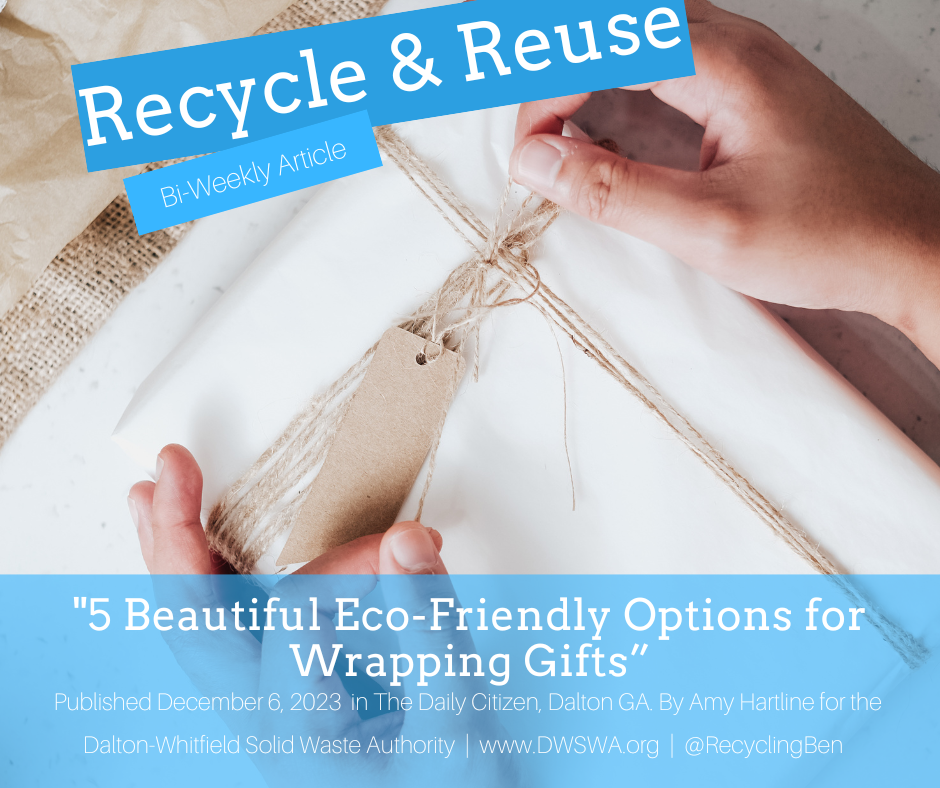Don’t Feed the Bag Monster
/A volunteer wears a Bag Monster costume representing the 500 single-use disposable shopping bags used yearly by one person in the US. Bags that are not disposed of or recycled properly end up as litter hurting the beauty of our cities and the health of the environment.
If you go to a grocery store in California in the near future be prepared to take your own reusable shopping bags, or pay at least 10¢ for a recycled paper grocery bag or another alternative reusable bag. On November 6, the state of California made official its ban on plastic shopping bags. 52% of voters approved Proposition 67, which upholds the original State Bill 270 that prohibits grocery stores and other retail locations from giving out single-use plastic bags to customers.
Many cities in California had already banned plastic bags citing environmental concerns. These include San Francisco, Santa Cruz, Oakland, and over 140 more cities that have implemented bans through local ordinances. Prop 67, however, implements the carry-out plastic bag ban statewide later this month. This means that places like Saratoga, Fresno, and Anaheim have to make the change soon.
Plastic bags are one of the top five littered items in that state. Plastic bags are light, and easily blown by the wind, ultimately landing them in streams, beaches, storm drains, and animal habitats. According to the Greenpeace report, Plastic Debris in the World’s Oceans, “At least 267 different species are known to have suffered from entanglement or ingestion of marine debris including seabirds, turtles, seals, sea lions, whales, and fish. The scale of contamination of the marine environment by plastic debris is vast. It is found floating in all the world’s oceans, everywhere from polar region to the equator.”
Besides hurting the environment, plastic bags and other littered items are costly to clean up. Cities that already have bans claim to have experienced reductions in the litter and an increase in savings of taxpayer money used to pick up litter and unclog storm drains. According to the Litter in America report from Keep America Beautiful, “Litter clean-up costs the U.S. more than an estimated $11.5 billion each year.” This includes efforts from local governments, businesses, and educational institutions.
Manufacturers of plastic bags claim that the bans will ultimately result in the loss of tens of thousands of jobs. And, that in the overall picture of litter and waste, bans on the plastic bags don’t result in a meaningful reduction of waste or litter. According to Bag the Ban (www.bagtheban.com), plastic bags account for less than 2% of all litter. And, that standard reusable cotton grocery bags must be reused 131 times "to ensure that they have lower global warming potential than" a plastic bag used only once.
According to ChicoBag the average American uses 500 single-use disposable plastic bags yearly. To show a visual representation of the statistic they created the Bag Monster (www.bagmonster.com). Volunteers don a costume made with 500 to 700 plastic bags representing the number of bags they would use in one year. Bag Monsters have been seen at educational events throughout the country to encourage others to not feed the monster and use reusable bags instead.
So, who is right? Should we follow the example of California and ban single-use plastic bags to prevent litter? Should cities and counties be allowed to make their own rules or should the state step in to provide uniform rules that will make it easier for retailers to implement? The issue is difficult since there are pros and cons to each side. But, one keyword is missing, or at least not getting as much attention as others, when it comes to plastic bags. Recycling.
Plastic bags are readily recyclable at thousands of retail locations nationwide. For example, Wal-Mart and Kroger in Dalton have drop-off bins for plastic shopping bags at the entrance of the store. Next time you go to the store you can drop off the plastic bags you received during your last shopping trip.
According to PlasticFilmRecycling.org you can recycle other clean and dry plastic bags and film like newspaper bags, dry cleaning bags, bread bags, produce bags, and other plastic shopping bags labeled with a #2 or #4. You can even drop off product wrappers like the film used to wrap paper towels and water bottles.
Most plastic bags collected for recycling are remanufactured into composite lumber commonly seen in playgrounds, decks, and outdoor furniture. Of course, you can always reuse your plastic shopping bag for picking up pet waste or lining small trash cans. Or just choose to not use them at all and use reusable shopping bags instead.
Either way, whether you recycle or reuse, the goal is to get the bag to the right place so it won’t end up as litter spoiling the beauty of our community and hurting the environment. It seems so simple - put your bag in the right place when you’re done. It only takes a minute, a few extra steps, to get the bag to the recycling bin. Do we really need state laws to require us to do the right thing?
































